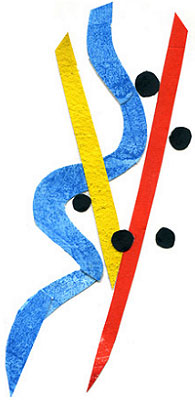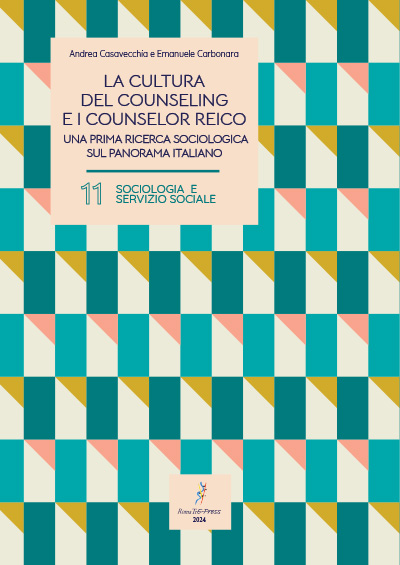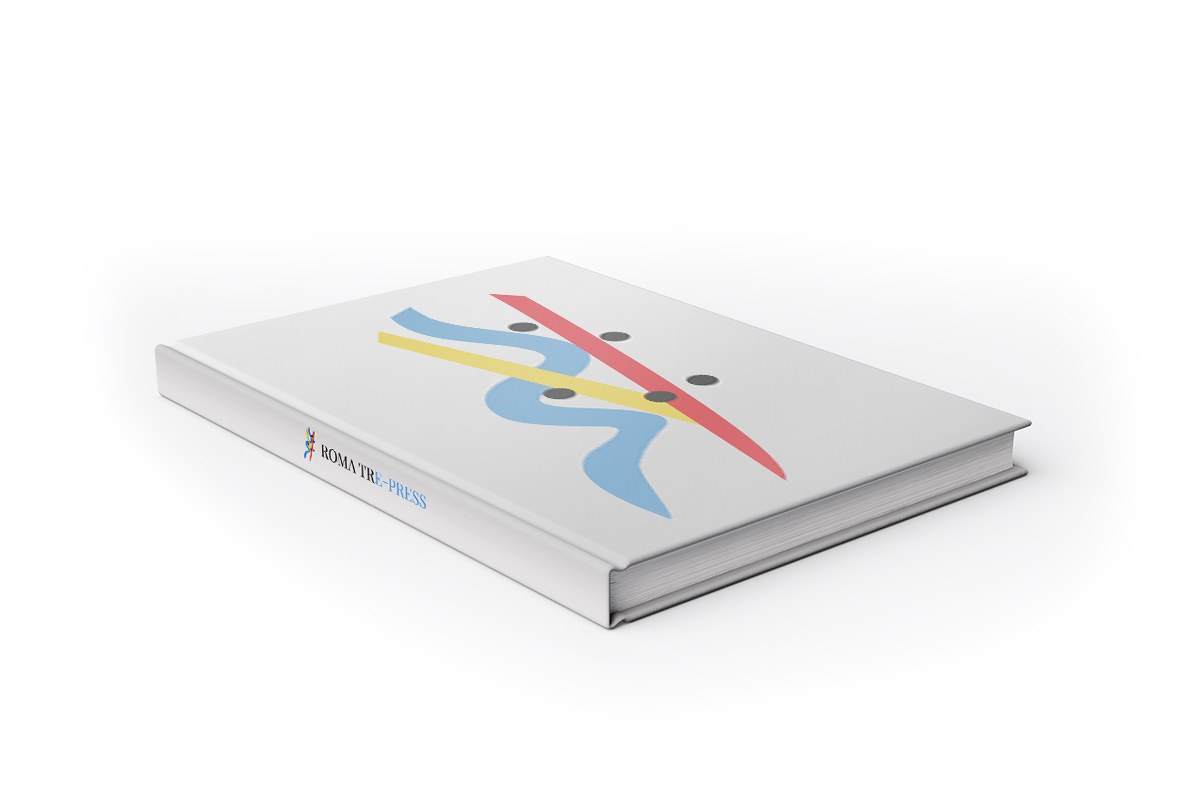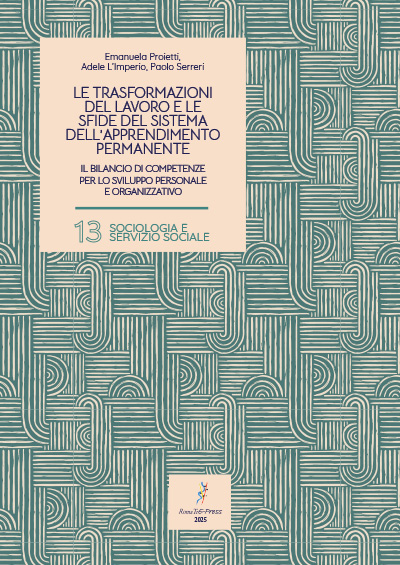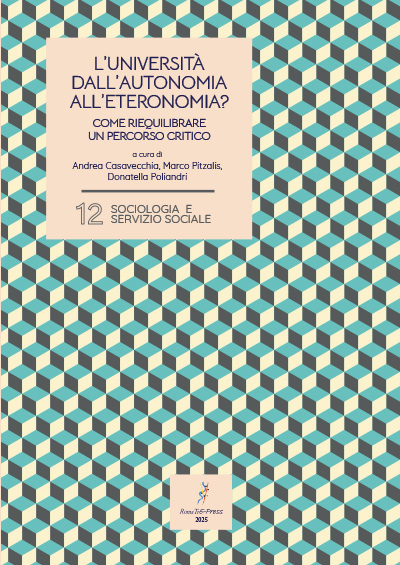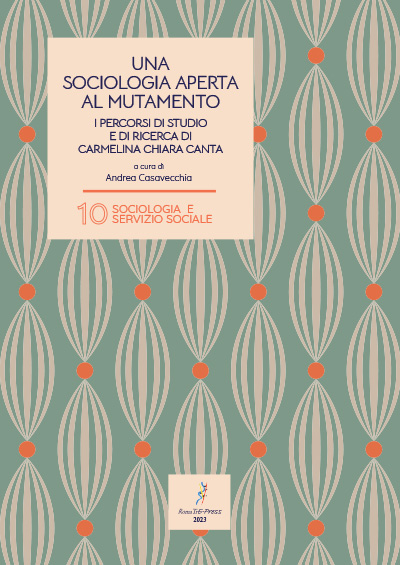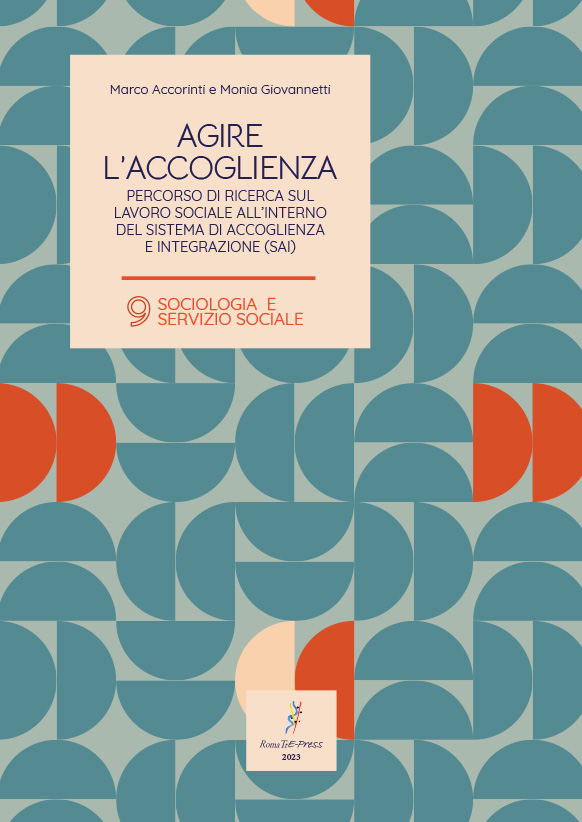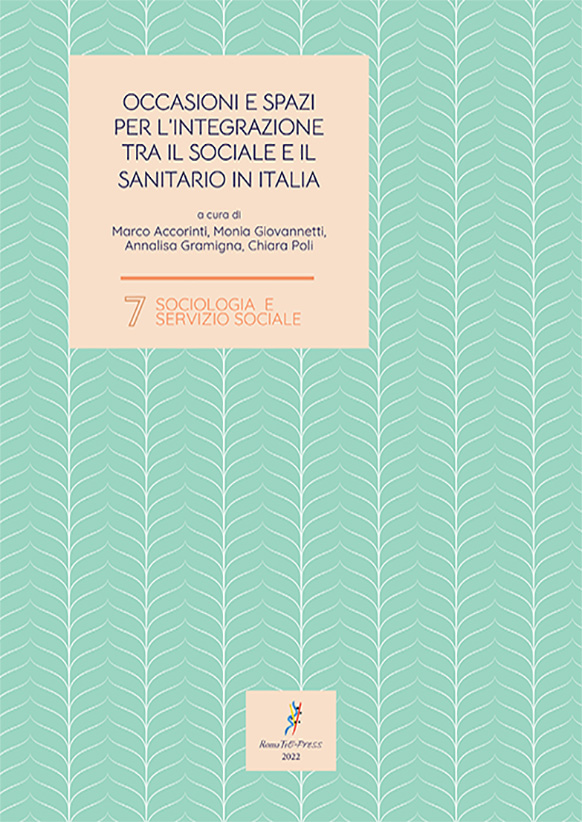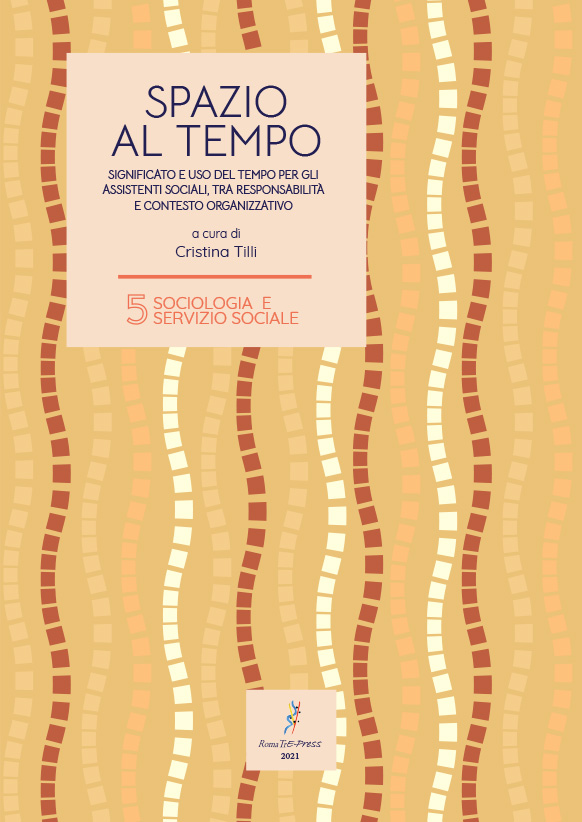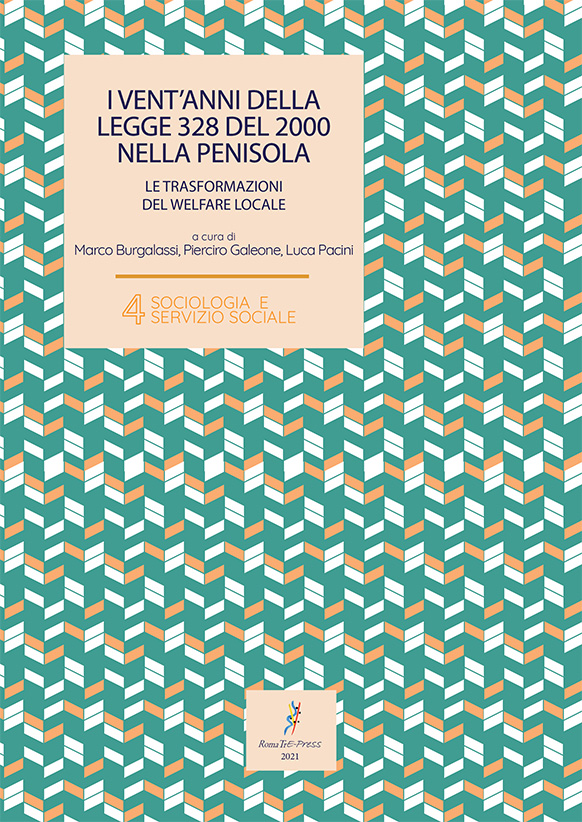Abstract

Il volume presenta i risultati di una ricerca sociologica sui counselor. L’indagine ha permesso di esplorare un campo nuovo con una rilevazione che consente di ricavare una prima immagine della diversa rappresentazione sul territorio italiano del counseling, grazie alla collaborazione tra l’associazione REICO e il Dipartimento di Scienze della formazione presso l’Università degli studi di Roma Tre. La lettura dei risultati, raccolti con oltre 60 interviste a testimoni privilegiati, è orientata dal modello del diamante culturale elaborato da WendyGriswold: il counseling, attività di promozione del benessere delle persone, è considerato l’oggetto culturale dell’analisi. Dai risultati emergono quattro tipologie di azione comunicativa che esprimono dei corrispondenti stili di esercizio di una professione e pratica sociale:individualista, incerto, apprendista e artigiano

This volume presents the results of a sociological survey on counselors. The survey made it possible to explore a new field with a survey that allows to derive a first picture of the different representation on the Italian territory of counseling, thanks to the collaboration between the REICO association and the Department of Education Sciences at the University of Roma Tre. The reading of the results, collected through more than 60 interviews with privileged witnesses, is oriented by the model of the cultural diamond elaborated Wendy Griswold: counseling, an activity promoting people's well-being, is considered the cultural object of the analysis. Four types of communicative action emerge from the results, expressing corresponding styles of profession and social practice: individualist, uncertain, learner and craftsman.
